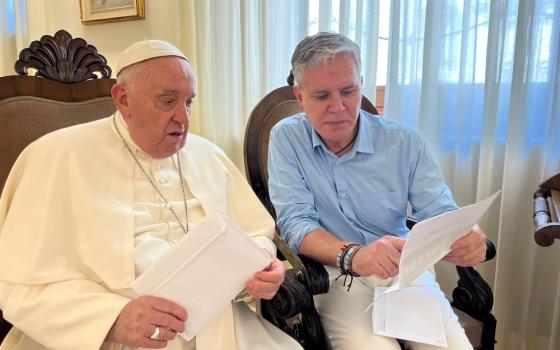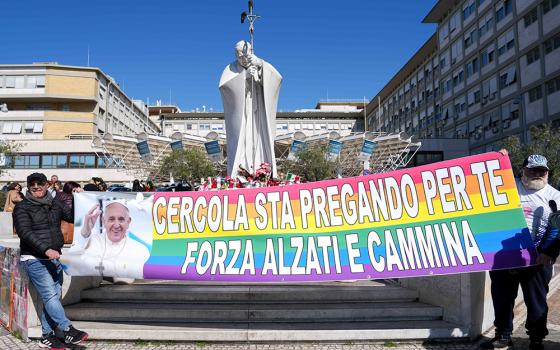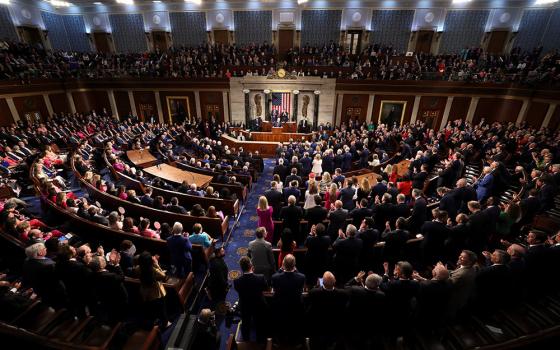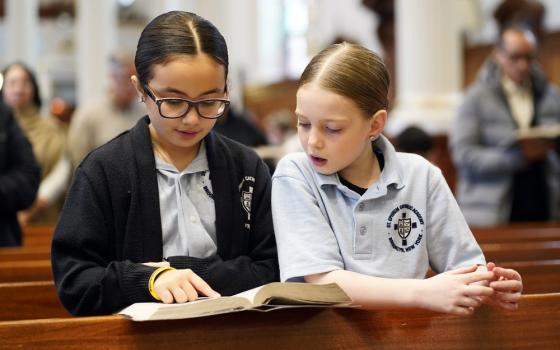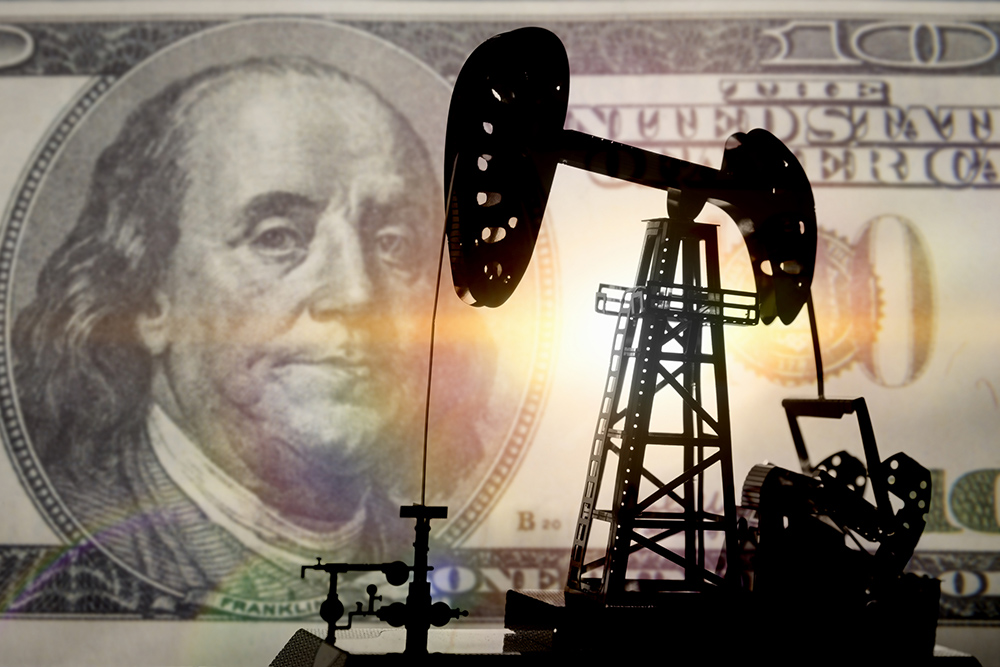
(Dreamstime/Mrsash174)
As of April 20, half of all Catholic dioceses in England and Wales have chosen to end financial investments in fossil fuels, the largest contributor to climate change. Zero Catholic dioceses in the United States have announced plans for divestment.
A joint announcement by 31 faith-based groups organized ahead of Earth Day (April 22) brought the total number of Catholic archdioceses and dioceses worldwide that have announced plans to stop investing in coal, oil and gas to 65, according to data on the Laudato Si' Movement website.
That list includes Catholic dioceses in Austria, Brazil, Fiji, Indonesia, Ireland, Italy, Luxembourg, Nigeria, Malta, the Philippines, Scotland, South Africa and Spain — and a handful of bishops' conferences.
Notably absent from the tally is the nation currently ranked second in annual carbon dioxide emissions, and that holds the title of greatest emitter of all time — the United States of America.
Other Catholic entities in the United States have chosen divestment in the name of Catholic social teaching. The list maintained by the Laudato Si' Movement boasts U.S.-based religious orders, universities, Catholic charities, parishes, foundations, associations, societies and other organizations. (NCR announced our own divestment plans in 2021.) But when it comes to archdioceses and dioceses led by the U.S. bishops, not a single one has seen fit to take this important (and relatively easy) step toward a more just future — or any future, for that matter — for life on Earth.
Advertisement
For a faith that claims, as reflected in Pope Francis' 2015 encyclical "Laudato Si', on Care for Our Common Home," that "regarding climate change, there are differentiated responsibilities," it seems inconsistent for the country responsible for the most greenhouse gas emissions in history not to take up an equally substantial role in changing that behavior for the sake of the planet and those who live here.
A paragraph later in Laudato Si' when Francis says, "We lack leadership capable of striking out on new paths and meeting the needs of the present with concern for all," he's talking about political leaders, but it seems like this applies to leaders of the U.S. Catholic Church as well.
New research shows that the divestment movement is effective at influencing social preferences and economic narratives that can lead to real change. Furthermore, the Financial Times reported that divestment announcements that go viral on social media can have an outsized impact on companies, "wiping billions off their market value."
Add to that the moral weight of faith groups, and divestment could indeed be the social, economic and moral "new path" needed to turn the tides — and lower the sea level — on this planet that continues to warm.
There are 195 Catholic dioceses in the United States. All of them should be "meeting the needs of the present with concern for all" through the act of fossil fuel divestment. But 195 are not. While half of the U.K.'s Catholic leadership has struck out on this path of purpose, we must continue to report that in the U.S. we have not even one diocese that will divest.
